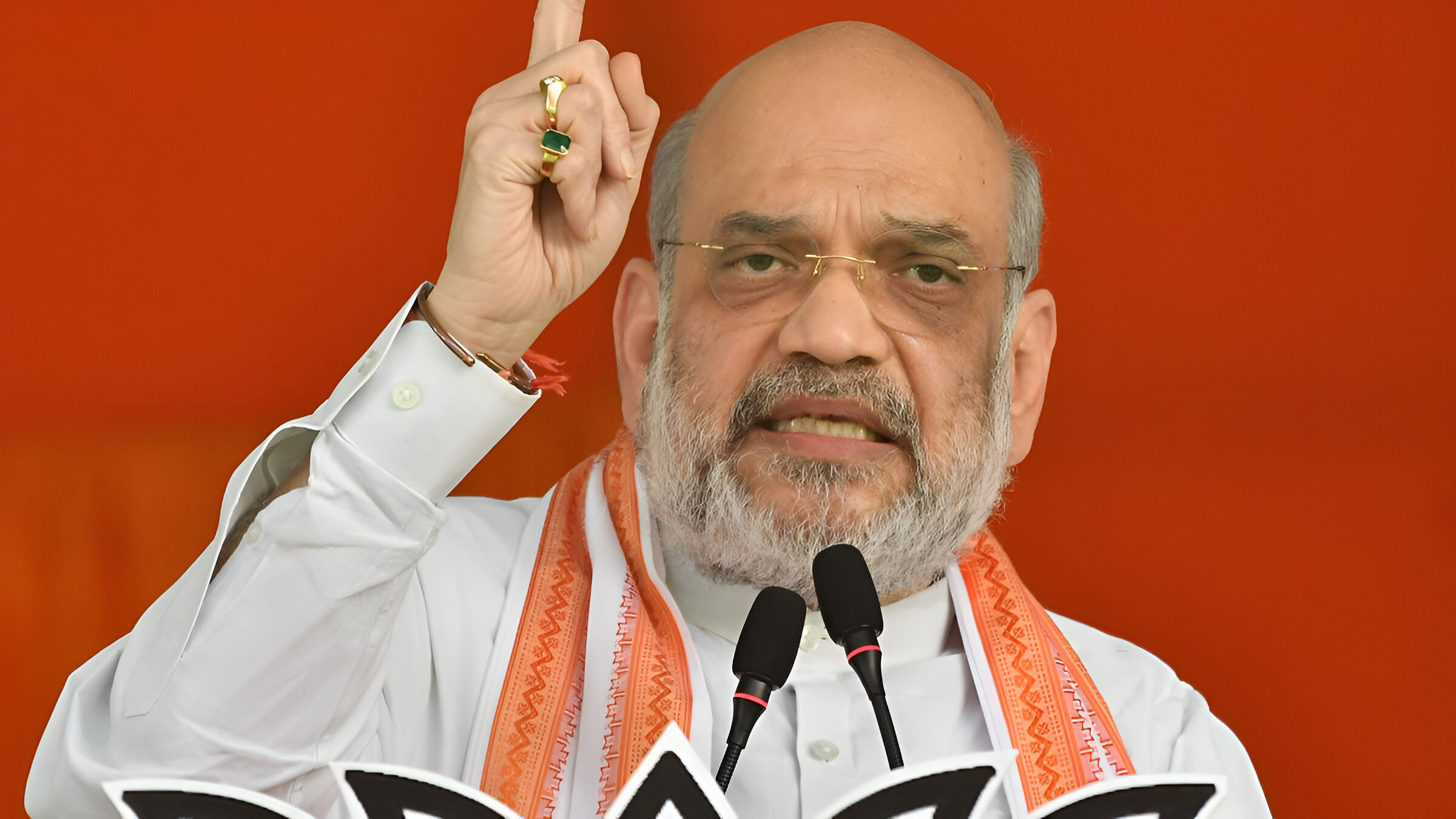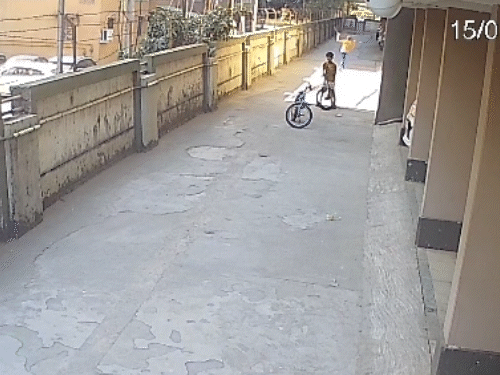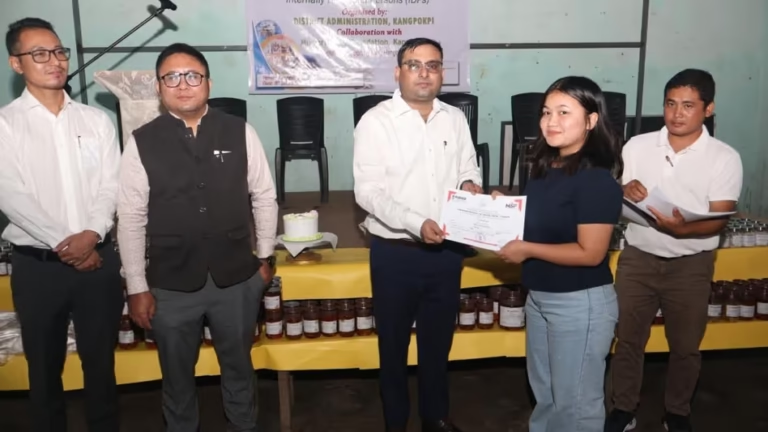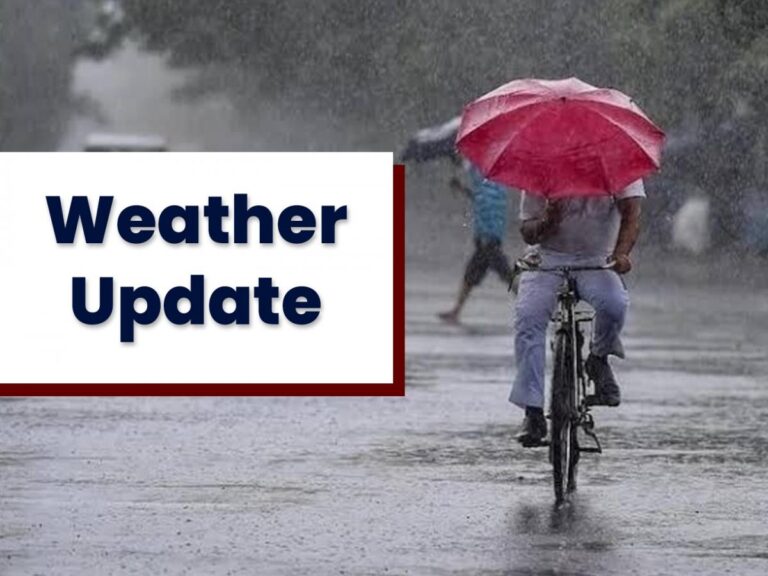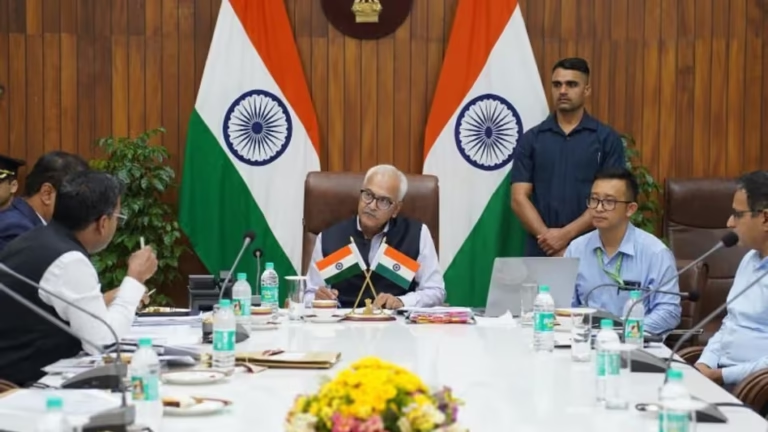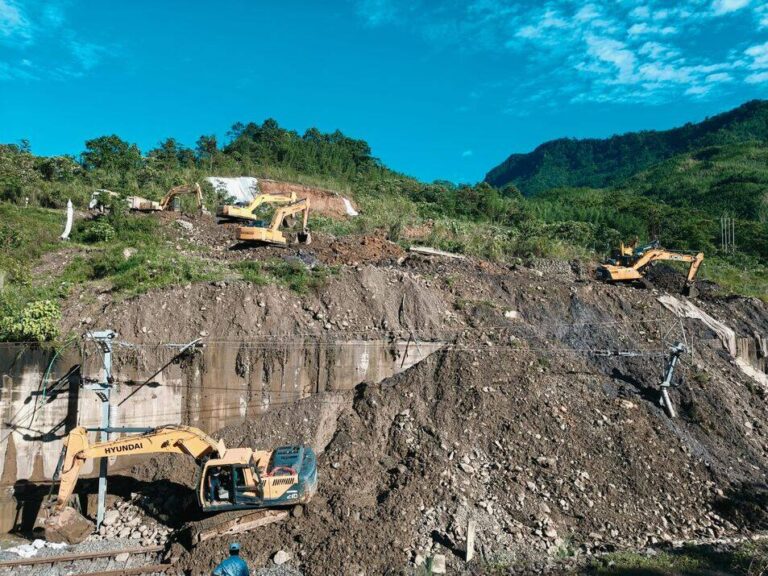Amit Shah’s Unyielding Stance Against Drug Cartels Following ₹88 Crore Seizure in Imphal and Guwahati
In a significant development, Union Home Minister Amit Shah has reiterated his firm stance against drug cartels following a massive ₹88 crore drug bust in Imphal and Guwahati. He emphasized that there will be “no mercy” for those involved in drug trafficking, underscoring the government’s unwavering commitment to eradicating the drug menace from the country.
A Comprehensive Overview of India’s Intensified War on Drugs
Introduction
India’s battle against drug trafficking has reached a pivotal juncture, marked by a series of high-profile seizures and arrests. The recent ₹88 crore drug bust in Imphal and Guwahati stands as a testament to the government’s relentless pursuit of a drug-free nation. Union Home Minister Amit Shah’s unequivocal declaration of “no mercy” for drug cartels reflects a broader, more aggressive strategy to dismantle these illicit networks.
The ₹88 Crore Seizure: A Closer Look
In a meticulously coordinated operation, law enforcement agencies seized methamphetamine tablets worth ₹88 crore in the regions of Imphal and Guwahati. Four individuals, identified as key members of an international drug cartel, were apprehended during this crackdown. This operation not only disrupted a significant supply chain but also highlighted the extensive reach of drug trafficking networks operating within and beyond India’s borders.
Amit Shah’s Resolute Message
Following the successful operation, Amit Shah took to social media to commend the efforts of the Narcotics Control Bureau (NCB). He stated, “No mercy for drug cartels. Accelerating the Modi govt’s march to build a drug-free Bharat, a massive consignment of methamphetamine tablets worth ₹88 crore is seized, and 4 members of the international drug cartel are arrested in Imphal and Guwahati zones.” This statement underscores the government’s unwavering resolve to combat drug trafficking with an iron fist.
A Series of Successful Operations
The recent bust in Imphal and Guwahati is part of a series of successful operations against drug trafficking:
- Delhi’s ₹900 Crore Cocaine Seizure: In November 2024, the NCB seized over 82 kg of high-grade cocaine in Delhi, valued at approximately ₹900 crore. The operation was lauded by Amit Shah, who emphasized the government’s commitment to a drug-free India. indiatoday.in
- Darknet-Based LSD Cartels: Between May and August 2023, the NCB dismantled two international drug cartels operating through the darknet, arresting 22 individuals and seizing a substantial cache of LSD blots. Amit Shah highlighted that no matter the advanced technology employed by traffickers, they cannot escape the reach of Indian law enforcement agencies. news.abplive.com
Strategic Shifts in Anti-Drug Operations
The government’s approach to combating drug trafficking has evolved to address the complexities of modern drug networks:
- Focus on Traffickers: Amit Shah has emphasized that drug users are victims in need of rehabilitation, whereas traffickers are criminals who must be dealt with firmly. This perspective shifts the focus of investigations towards dismantling trafficking networks rather than penalizing individual users. ndtv.com
- Comprehensive Investigations: Employing a “bottom-to-top” and “top-to-bottom” strategy, law enforcement agencies have secured convictions for 29 drug traffickers across 12 cases nationwide. This meticulous approach ensures that every link in the drug supply chain is scrutinized and dismantled. economictimes.indiatimes.com
Public Engagement and Awareness
Beyond enforcement, the government recognizes the importance of public participation in eradicating the drug menace:
- Public Shaming and Asset Confiscation: There have been calls for stricter punishments, public shaming, and the confiscation of assets belonging to those involved in drug cartels. Such measures aim to deter potential offenders and signal the severe consequences of engaging in drug trafficking. bwpoliceworld.com
- National Resolve: Amit Shah has articulated that the fight against drugs is not just a governmental responsibility but a collective societal effort. He envisions a drug-free India by 2047, aligning with the centenary of the nation’s independence. swarajyamag.com
The Global Context of India’s Drug War
India’s aggressive stance against drug trafficking resonates on a global scale. The illicit drug trade is a transnational issue, with cartels operating across borders. India’s recent successes serve as a model for international collaboration in combating this pervasive threat.
Conclusion
The ₹88 crore drug bust in Imphal and Guwahati is more than an isolated incident; it symbolizes India’s intensified and strategic crackdown on drug trafficking. Under the resolute leadership of figures like Amit Shah, the nation is making significant strides toward dismantling drug cartels and envisioning a drug-free future. However, sustained efforts, public cooperation, and international collaboration remain crucial in this ongoing battle.
FAQs
- What was the value of the drugs seized in the recent Imphal and Guwahati operation?
- The seized methamphetamine tablets were valued at ₹88 crore.
- How many individuals were arrested during this operation?
- Four members of an international drug cartel were apprehended.
- What is the government’s stance on drug users versus traffickers?
- The government views drug users as victims needing rehabilitation, while traffickers are treated as criminals subject to strict enforcement. ndtv.com
- What strategies are being employed to combat drug trafficking?
- The government utilizes comprehensive investigations targeting entire trafficking networks, employing both “bottom-to-top” and “top-to-bottom” approaches. economictimes.indiatimes.com
- What is the envisioned timeline for achieving a drug-free India?
- The government aims to achieve a drug-free India by 2047, the centenary year of the nation’s independence. swarajyamag.com
